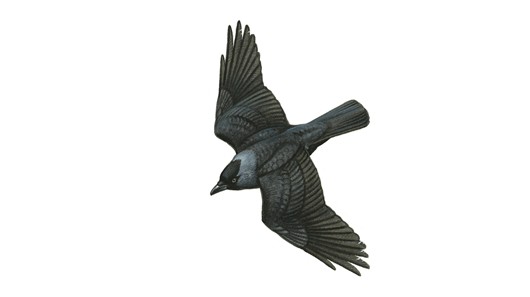Differences
This shows you the differences between two versions of the page.
| Both sides previous revision Previous revision Next revision | Previous revisionLast revisionBoth sides next revision | ||
| mrepo:topics:adultcognitivefunction [08/08/2018 @ 14:31] – nmpo | mrepo:topics:adultcognitivefunction [06/11/2023 @ 15:57] – nmpo | ||
|---|---|---|---|
| Line 1: | Line 1: | ||
| - | [[: | ||
| ==== Adult Cognitive Function ==== | ==== Adult Cognitive Function ==== | ||
| ---- | ---- | ||
| Line 41: | Line 40: | ||
| At this age the verbal learning and timed letter search tasks used at age 43 years (nos. 1 and 4 above) were re-administered, | At this age the verbal learning and timed letter search tasks used at age 43 years (nos. 1 and 4 above) were re-administered, | ||
| - | - **The National Adult Reading Test** (ART; Nelson & Willisson, 1991). This is a pronunciation test involving 50 irregular words of increasing difficulty, chosen to violate conventional grapheme-phoneme correspondence rules. To pronounce any of the words correctly the respondent must therefore be able to recognize them in their written form rather than rely on intelligent guesswork. Thus it is effectively a test of knowledge acquisition, | + | - **The National Adult Reading Test** (NART; Nelson & Willisson, 1991). This is a pronunciation test involving 50 irregular words of increasing difficulty, chosen to violate conventional grapheme-phoneme correspondence rules. To pronounce any of the words correctly the respondent must therefore be able to recognize them in their written form rather than rely on intelligent guesswork. Thus it is effectively a test of knowledge acquisition, |
| - **Verbal fluency** Category fluency was assessed by asking survey members to name as many different animals as possible in one minute. The score is the total number of animals named, allowing anything belonging to the animal kingdom (from amoeba to humans), but not counting repetitions, | - **Verbal fluency** Category fluency was assessed by asking survey members to name as many different animals as possible in one minute. The score is the total number of animals named, allowing anything belonging to the animal kingdom (from amoeba to humans), but not counting repetitions, | ||
| - **Prospective memory** (sometimes referred to as ' | - **Prospective memory** (sometimes referred to as ' | ||
| Line 72: | Line 71: | ||
| === Research programme === | === Research programme === | ||
| - | Further information on the [[http://www.nshd.mrc.ac.uk/ | + | Further information on the [[https://www.ucl.ac.uk/ |
| \\ | \\ | ||
| ---- | ---- | ||
